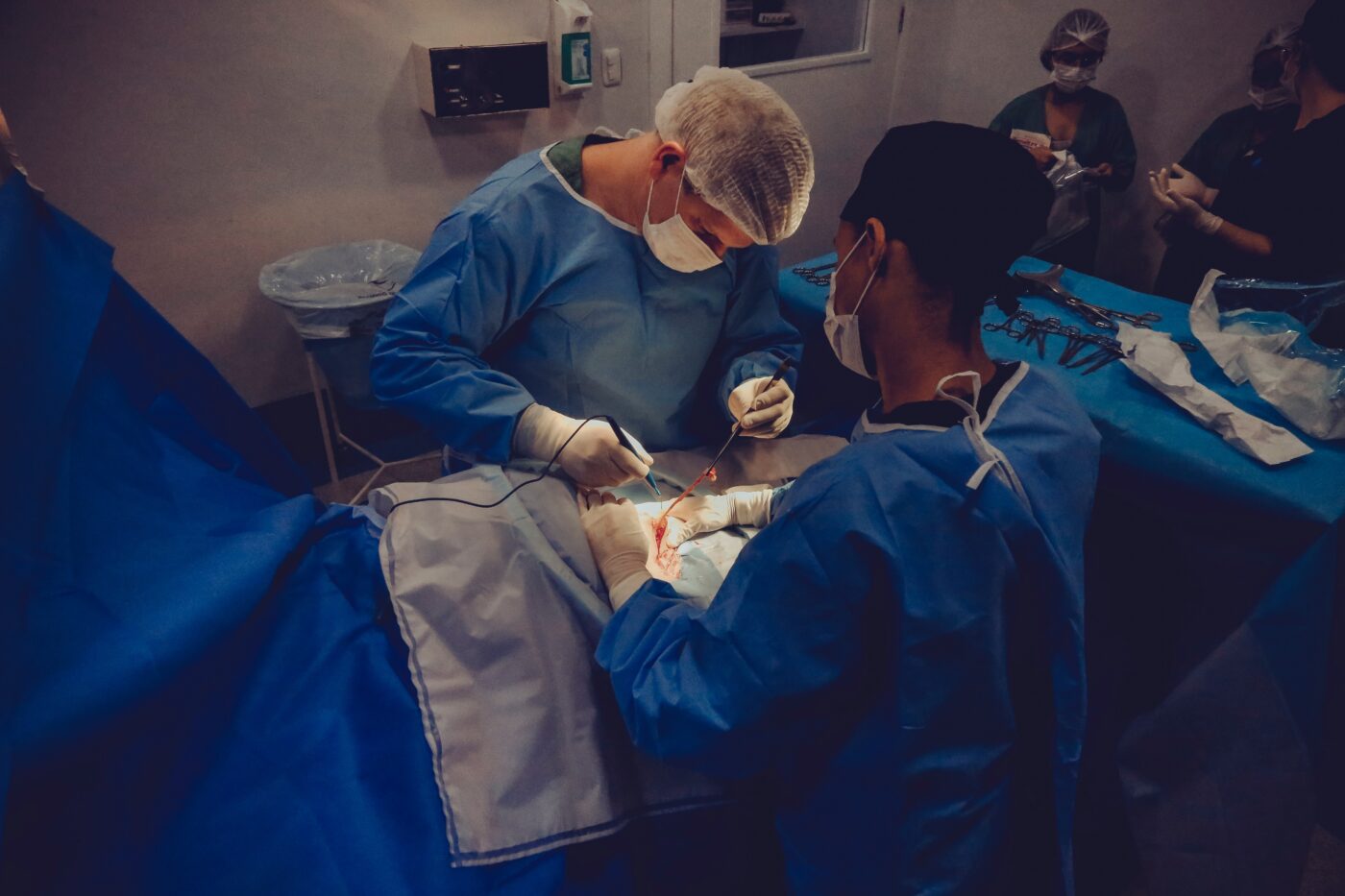The medical devices we have at our disposal today reflect the incredible technology available. Manufacturers are working around the clock to produce machines and products that can change our lives in many ways.
However, that’s not to say that all these machines and products are perfect. Like anything, some can also be defective, and they can cause a great deal of pain, discomfort, and damage for those unlucky enough to have required their use.
It’s not always easy to know whether a medical device is dangerous or defective, but here are some of the most common signs that may have you seeking both medical and legal intervention.
Internal Bleeding
Many people have brought about defective medical device claims with legal teams like Chaffin Luhana LLP injury lawyers when they have experienced internal bleeding. Sometimes, bleeding can result from a medical device breaking inside the body.
However, bleeding might also occur if a device moves or presses against organs or tissue. At this point, medical professionals should perform diagnostic tests to get to the bottom of the problem.
Reduced Mobility
Joint replacement surgery aims to relieve pain and discomfort, improve walking and movement, and help the joints function better. In most cases, patients experience all these benefits and more, but that’s not always the case.
If patients find it more challenging to get around and use their affected joints, healthcare providers must consider that the joint replacement components aren’t working as intended.
An example of this would be the metal-on-metal hip implants, which were designed to last longer by resisting wear and tear. Instead, many resulted in complications like pockets of fluid, inflammation and swelling, tissue damage or death, and early implant failure.
Pain
Pain is not unexpected after a surgical procedure, even with non-defective products like hernia mesh and IUDs. However, ongoing pain that becomes unmanageable can signify that a medical device is defective.
Generally, medical healthcare providers might consider this a possibility if the surgical site appears to have healed, but the patient experiences ongoing pain and discomfort.
Infection
Infection can be a risk associated with many medical devices, regardless of whether they’re defective or not. However, the risk might be higher in those manufactured by companies that haven’t used antimicrobial coatings or similar technologies on their devices where appropriate to do so.
According to studies, medical devices are responsible for many nosocomial infections, especially in critically ill patients. In recent years, biofilm modification and antimicrobial device coating have resulted in variable clinical success.
Stiffness and Swelling
Swelling is normal after surgery as your body sends thousands of cells to the affected area to start healing itself. It’s the cell presence that can result in more swelling. However, some medical devices have been known to cause swelling, pain, and stiffness, especially regarding hip replacement and knee replacement technology.
Medical intervention may be required if these symptoms continue long past the timeframe medical professionals outlined for post-surgery healing.
Knowing you have a defective medical device can be a traumatic experience, especially if it can make you sick and uncomfortable. If you notice that you have any of these symptoms above post-surgery, talk to a healthcare provider and consider your legal options.



